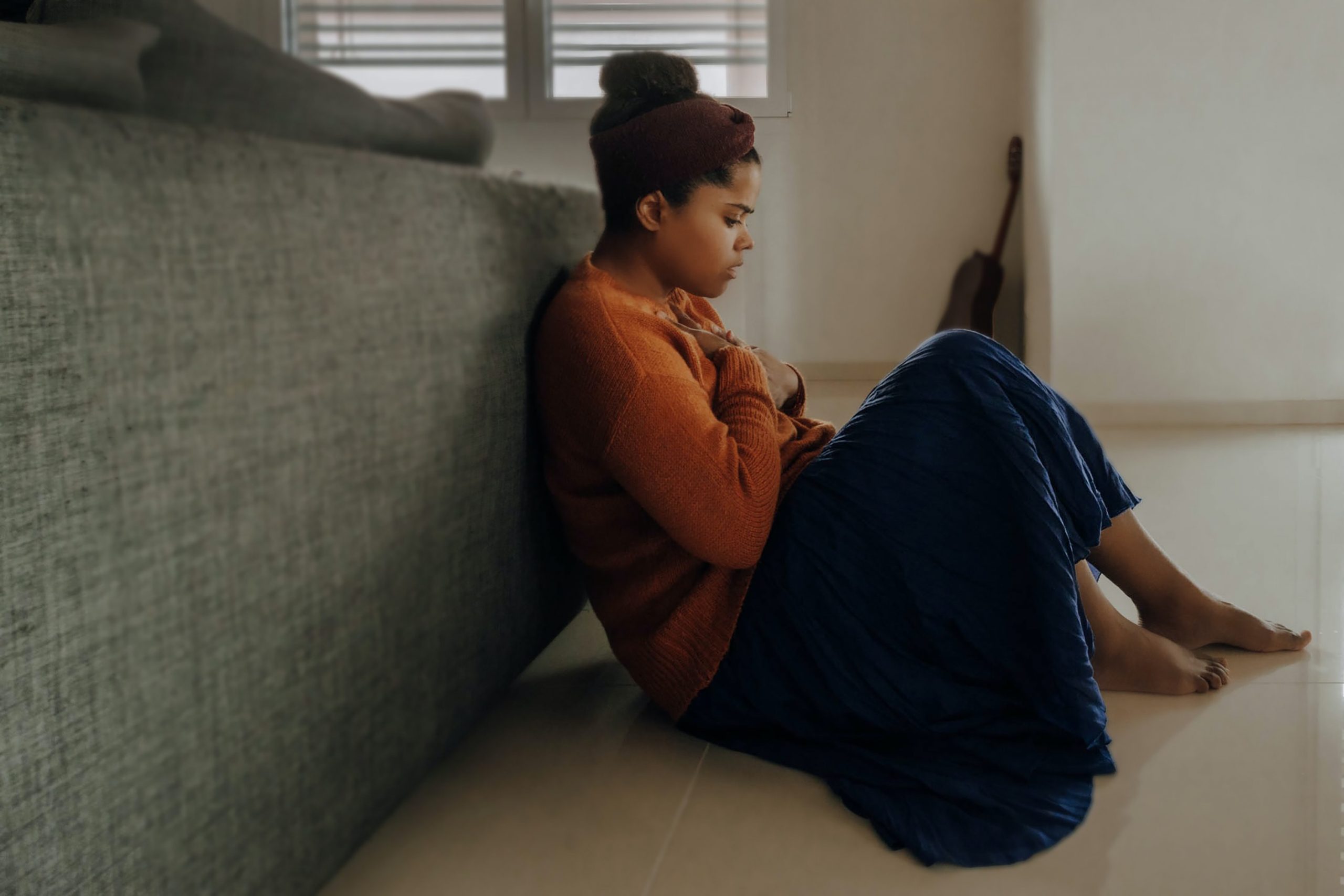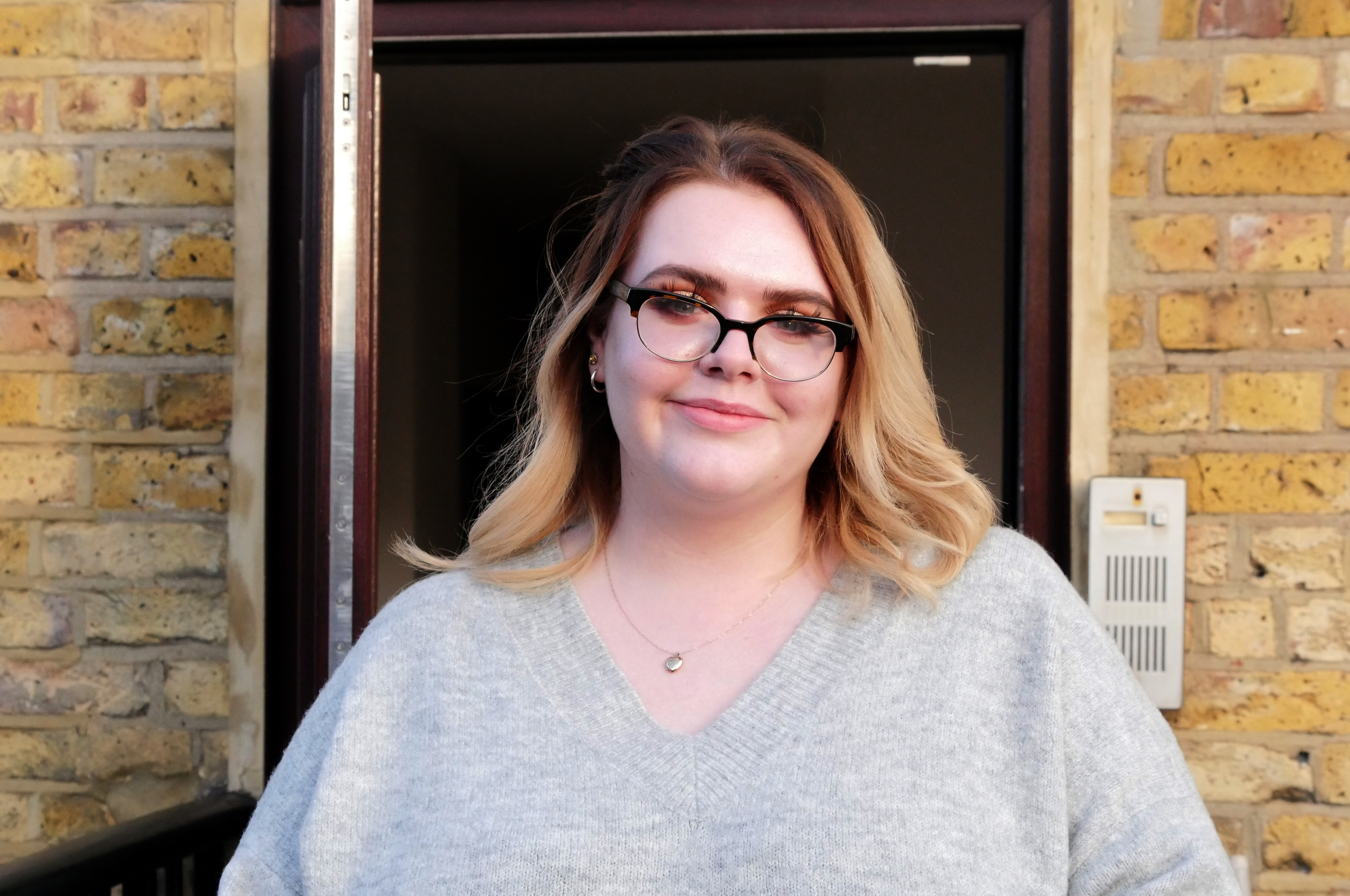Children and young people struggling with their mental health are being turned away by NHS child and adolescent mental health services (CAMHS), even if they are experiencing depression, self-harm, psychosis and eating disorders, because of over-stretched services with extremely long waiting lists.
While our right to access healthcare is protected under the Universal Declaration of Human Rights and in the International Covenant on Economic, Social and Cultural Rights, reasonable waiting lists are not guaranteed, even under the Mental Health Act.
Stem4, a charity supporting positive mental health in teenagers, conducted a survey of GPs and nurses which found that 95% of respondents said their local NHS Child and Adolescent Mental Health Service (CAMHS) as ‘in crisis’ or ‘very inadequate’.
'A service in crisis' 🚨👇
stem4’s latest survey reveals GPs’ and nurses’ concerns about the state of mental health services for children and young people, with 95% describing their local NHS Child and Adolescent Mental Heath Service (CAMHS) as ‘in crisis’ or ‘very inadequate’. pic.twitter.com/BeMC8Iq4p1
— stem4 (@stem4org) April 6, 2022
1.5 million children in England need support
The impact of the COVID-19 pandemic on children’s mental health has raised serious concerns, as research from the Centre for Mental Health shows that, in England, 1.5 million children and young people under 18 will need new or additional mental health support as a direct consequence of the coronavirus pandemic.
The COVID-19 pandemic has caused unprecedented disruption in children’s lives, potentially unsettling their emotional, cognitive and social development. Many known risk factors for child mental health disorders have intensified, such as socioeconomic disadvantage, social isolation and bereavement.
At a parliamentary debate on children’s mental health services earlier this year, Dr Rosena Allin-Khan MP, the Shadow Minister for Mental Health, stated:
“One in six children are suffering with probable mental health issues, but only about a third are able to access treatment. Now things are getting worse: the Conservative cost of living crisis is causing more misery, uncertainty and upheaval in the lives of millions of children and young people. For weeks, the House has been witness to the impact of that Conservative cost of living crisis on people and their families across the country.”
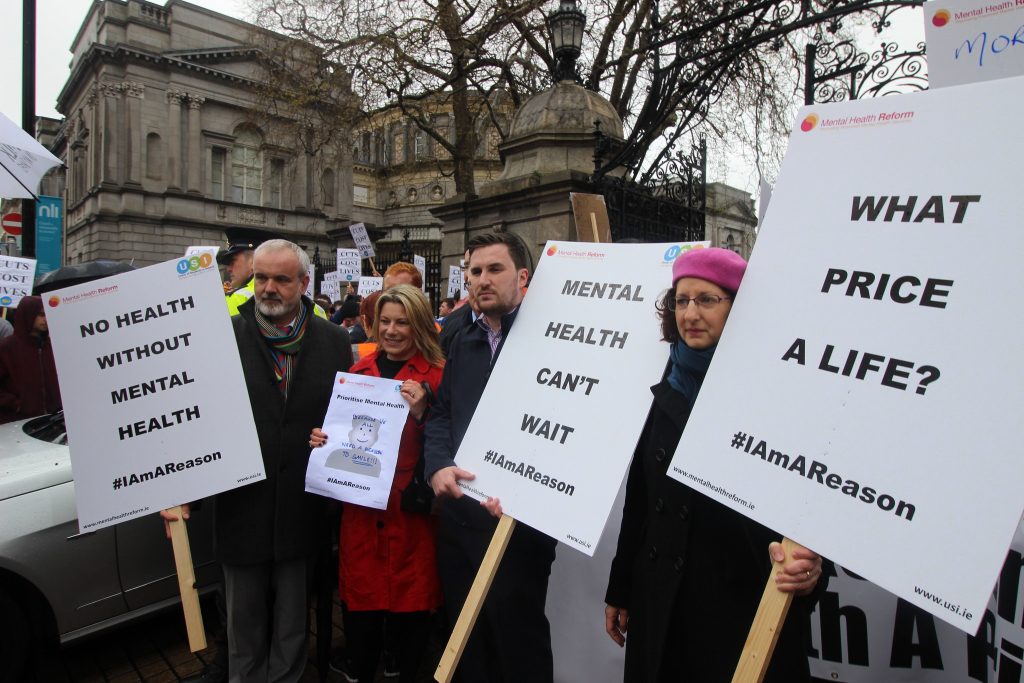
Credit: Sinn Fein/Flickr
Record highs
Data show that the number of children and families seeking mental healthcare reduced at the start of the pandemic. For example, the number of children attending health services (according to GP records) and emergency departments (according to NHS data) for self-harm was lower in April 2020 than previously.
However, as the pandemic progressed, referrals to child mental health services reached record highs, with the NHS England data for May 2021 showing the highest ever recorded level of monthly referrals.
During the parliamentary debate, Janet Daby, Labour MP for Lewisham East, stated
“A GP with a surgery in my constituency contacted me recently about a serious incident of attempted suicide. The child involved is now on the waiting list, but must wait a whole year to be seen.”
Half of all mental health conditions become established before the age of 14. Whilst it is progress that the number of young people receiving treatment has risen from just 25% to around 40%, more than half of young people do not receive the support they need.
Layla Moran, Liberal Democrat MP for Oxford West and Abingdon, recalled:
“One of the groups who seem to be falling off the cliff-edge are 16 to 18-year-olds, because by the time they are referred to CAMHS, the waiting lists take them out of the range that CAMHS can deal with.”
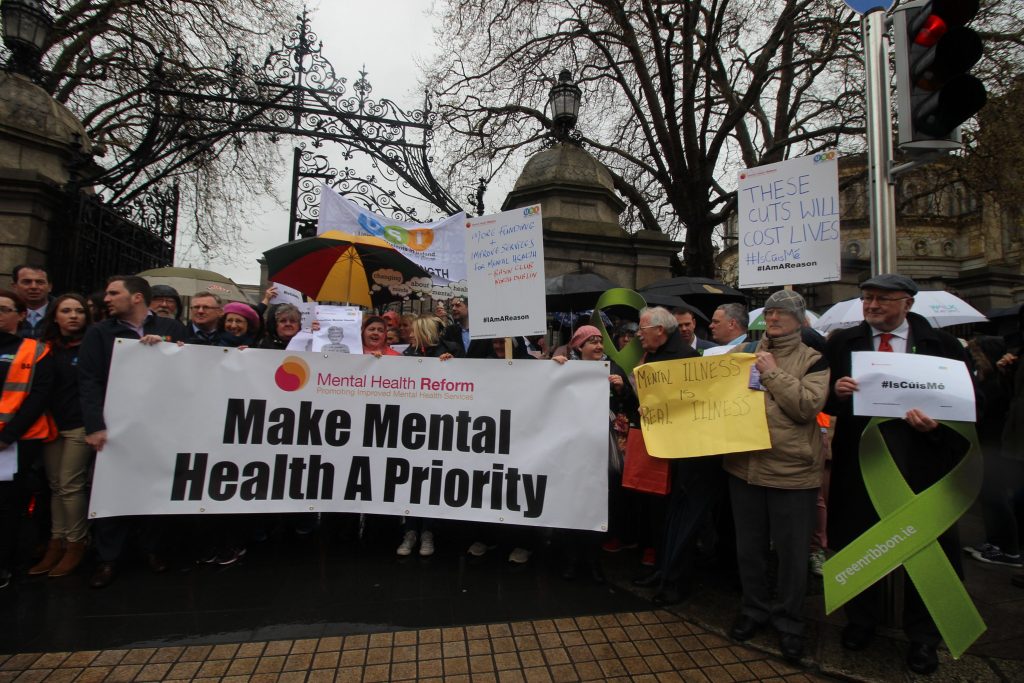
Credit: Sinn Fein/Flickr
Things were bad before the pandemic
Even before the pandemic, the UK was facing a mental health crisis, with children and young people some of the most vulnerable within our communities. According to NHS data, the mental health of children and young people in England has worsened since 2017.
NHS Digital conducted major surveys of the mental health of children and young people in England in 1999, 2004, 2017 and 2020.
In 2004, one in ten children and young people in England had a diagnosable mental health condition; in 2017, that rose to one in nine; and, by 2020, one in six children was suffering with their mental health.
According to the NSPCC, by 2017, a third of all CAMHS teams faced cuts or closures. As a direct impact, they reported that 150 children were being denied access to mental health treatment every single day.
While recent announcements for funding mental health services are welcome, the government previously slashed funding to mental health by a third over the course of nine years, raising questions about whether it would have increased funding now without wider pressure from activists and charities during the pandemic.
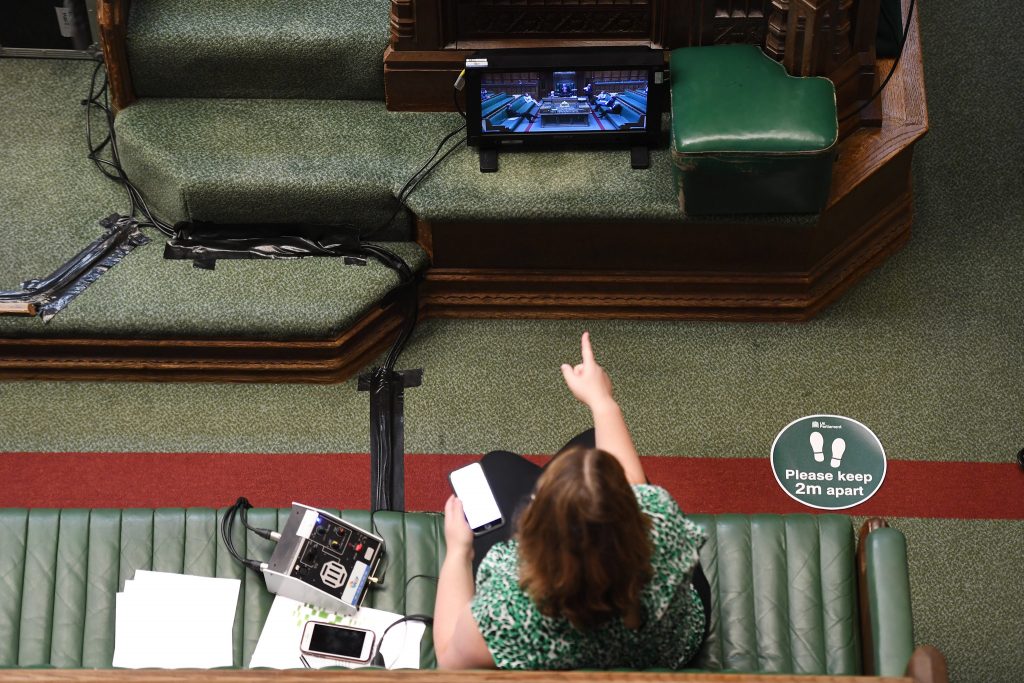
Credit: UK Parliament/Flickr
Mental health amid a cost of living crisis
Shadow Minister for Mental Health, Dr Rosena Allin-Khan gave an emotive speech about children’s mental health and its links to the cost of living. During the speech she stated:
“Children are going to bed cold and hungry, and their life chances are impacted because they are unable to concentrate at school. Many are watching their parents worry and cry about being unable to pay the bills. Dragging an electric heater around the house before jumping under the covers just to keep warm because there is no heating—that, for too many of us, feels far too familiar… It is how my brother and I grew up, and it will stay with me forever. I had hoped that that perpetual fear of insecurity that never leaves one was a thing of the past, but sadly not.”

Credit: Jon Tyson/Unsplash
Call for local hubs to be set up
Earlier this week, the mental health charity Mind launched a campaign to fund local mental health hubs:
Hubs provide easy-to-access mental health support to young people who need it.
A place to get help before they’re in crisis. Improve their life chances. And reduce the mental health support they’ll need in the future. (3/4)
— Mind (@MindCharity) April 4, 2022
The #FundTheHubs campaign is calling for public support and putting pressure on the government to fund local hubs that will provide vital support to anyone aged 11-25, who will be seen without an appointment or referral.
While the government are yet to respond to the campaign, Maggie Throup MP, Parliamentary Under-Secretary for the Department of Health and Social Care, announced that more funding would be available for training in schools:
“In May 2021, we announced £9.5 million of funding to offer senior mental health lead training to around a third of all state schools and colleges in England in 2021-22, and as part of our commitment to offer this training to all state schools and colleges by 2025.”
Throup, speaking at the parliamentary hearing, announced that the government would provide extra funding to support student wellbeing:
“Today we have announced an additional £3 million to respond to the high demand from schools and colleges for this training. This will help them to build on the incredible work that they and their colleagues have done throughout the pandemic to promote and support the wellbeing of their students.”
If you or someone you know might be struggling with mental health, we have collated some resources which may be helpful in our Spotlight on Young People and Mental Health.

